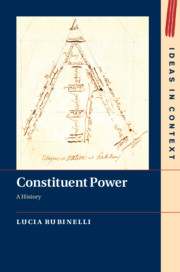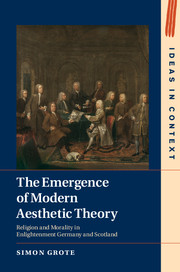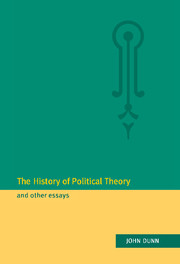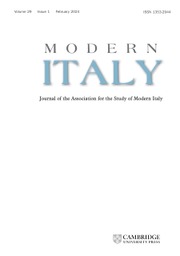Constituent Power
From the French Revolution onwards, constituent power has been a key concept for thinking about the principle of popular power, and how it should be realised through the state and its institutions. Tracing the history of constituent power across five key moments - the French Revolution, nineteenth-century French politics, the Weimar Republic, post-WWII constitutionalism, and political philosophy in the 1960s - Lucia Rubinelli reconstructs and examines the history of the principle. She argues that, at any given time, constituent power offered an alternative understanding of the power of the people to those offered by ideas of sovereignty. Constituent Power: A History also examines how, in turn, these competing understandings of popular power resulted in different institutional structures and reflects on why contemporary political thought is so prone to conflating constituent power with sovereignty.
- The first in-depth treatment of the history of the language of constituent power
- Offers a clear analysis of the difference between constituent power and ideas of sovereignty
- Will appeal equally to historians, who tend to confuse constituent power with notions of sovereignty, political theorists, who often disregard its history, and to scholars in public and constitutional law
Product details
June 2020Hardback
9781108485432
276 pages
234 × 159 × 20 mm
0.52kg
Available
Table of Contents
- Introduction
- 1. Sieyès and the French Revolution
- 2. Constitutional Politics in Nineteenth-Century France
- 3. The Weimar Republic
- 4. Constitutional politics in post-World War II Europe
- 5. Arendt and the French Revolution
- Conclusion
- Bibliography
- Index.









